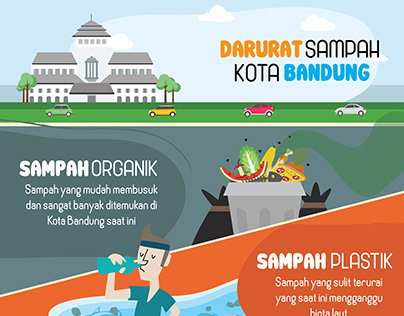Cleanliness is widely regarded as an essential attribute in numerous cultures and religions. Yet, when we examine the Bahá’í teachings, it becomes evident that cleanliness transcends mere physical tidiness and extends into the realm of spiritual development. Indeed, cleanliness in the Bahá’í faith is considered a profound spiritual attribute, emblematic of divine attributes and essential to cultivating a life aligned with spiritual principles.
At first glance, one may pose a playful question: Is cleanliness merely the absence of dirt, or is it a reflection of one’s spiritual state? This question invites us to delve deeper into the Bahá’í perspective, which harmoniously integrates the cleanliness of body, mind, and spirit. As we explore these notions, we unveil their significance in fostering both individual and collective growth.
Bahá’í teachings emphasize the correlation between physical and spiritual cleanliness. The Bahá’í writings articulate that the purity of the heart and soul is intrinsically linked to one’s external cleanliness. This duality showcases the belief that neglecting either aspect can lead to an imbalance that affects all areas of life. Engaging in regular hygiene practices, therefore, becomes a form of preparation for spiritual progression. It is a way to align oneself with the divine, creating a space that is conducive to reflection, prayer, and connection with the Almighty.
Furthermore, cleanliness is not merely an aesthetic choice; it is a vital component of one’s character development. The Bahá’í teachings promote virtues such as purity, detachment, and loyalty. These virtues can be cultivated through intentional practices that encourage cleanliness in our thoughts and actions. When individuals commit to maintaining cleanliness, both physically and spiritually, they embrace a disciplined lifestyle that yields benefits far beyond the surface level. One’s external environment may very well mirror their internal state, creating a harmonious balance that is essential for achieving a profound spiritual existence.
In the Bahá’í context, cleanliness also encompasses moral purity. Holding oneself accountable to ethical conduct ensures that one’s actions reflect honesty and integrity. This moral cleanliness necessitates an ongoing process of self-examination and refinement, demanding that followers of the faith remain vigilant against detrimental influences, both internal and external. Engaging in practices that promote mental cleanliness—such as avoiding gossip, negativity, or harmful thoughts—serves to purify the heart and fosters deeper connections with others.
A significant challenge arises when considering societal norms regarding cleanliness. In many cultures, the understanding of cleanliness may be confined to physical appearances and surface-level habits. Bahá’í teachings expand this concept, challenging adherents to cultivate a state of spiritual engagement alongside their physical endeavors. Consequently, the question emerges: How can we inspire individuals to recognize the interconnectivity of these aspects? The answer lies in purposeful education that emphasizes the holistic nature of health and cleanliness.
Integrating cleanliness into daily life requires deliberate intention and mindfulness. Practicing hygiene regularly, not just as a requirement but as an act of devotion, is essential. Engaging in rituals that promote cleanliness—such as washing hands or changing clothes for prayers—reinforces an understanding of cleanliness as a gateway to greater spiritual experiences. Moreover, Bahá’í inscriptions urge followers to maintain a state of cleanliness in both their personal spaces and their interactions with others. This, however, poses the question: Are we, as individuals and communities, adequately exemplifying this principle?
Actively engaging with cleanliness also means paving the way for communal responsibility. Bahá’í teachings advocate that communities should foster environments where physical and spiritual cleanliness flourish. Willingly participating in local endeavors such as community cleanup initiatives illustrates how physical cleanliness serves the collective good. These acts of service not only enhance the immediate surroundings but also reinforce the importance of collaborative efforts towards sustaining moral and spiritual cleanliness among individuals.
In the pursuit of embodying cleanliness as a spiritual attribute, adherents are encouraged to reflect on their interactions with the world. This consciousness becomes pivotal when addressing environmental concerns. As stewards of the earth, Bahá’ís believe it is their responsibility to maintain the cleanliness of the planet—an extension of personal cleanliness. The connection between environmental well-being and individual health is stark; thus, cultivating a clean environment complements spiritual pursuits. This approach challenges communities to step outside individualism, recognizing their roles as collective agents for change.
In conclusion, the Bahá’í perspective on cleanliness transcends the traditional understanding of merely being free from dirt. It symbolizes a commitment to purifying not only the outer environment but also the inner self. This multidimensional approach invites individuals to cultivate a lifestyle where cleanliness fosters growth, harmony, and spiritual connection. By embracing the principles of cleanliness, Bahá’ís embark on a transformative journey that nurtures both their personal spiritual development and their shared responsibility to humanity and the natural world. As they navigate these complexities, the ultimate challenge remains: how can each of us commit to upholding cleanliness as a reflection of our spirituality?
